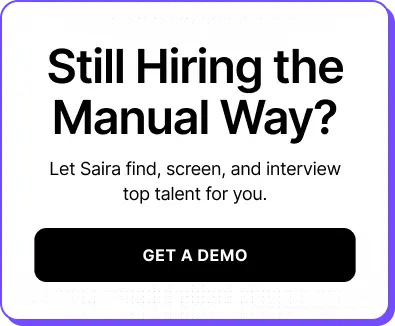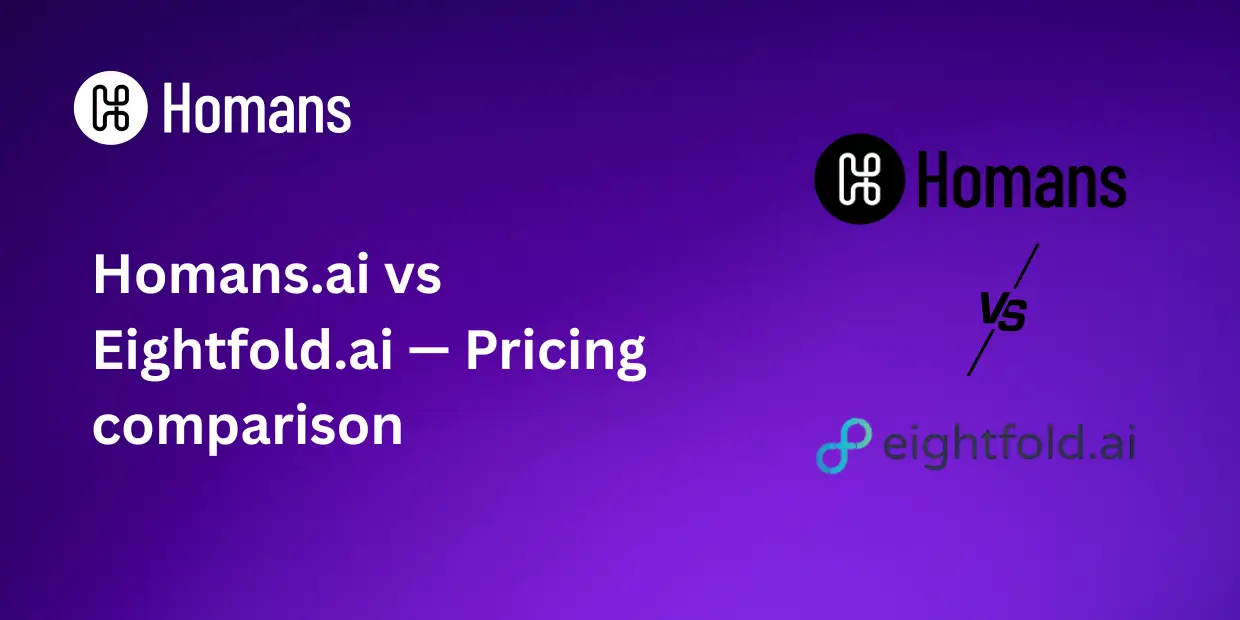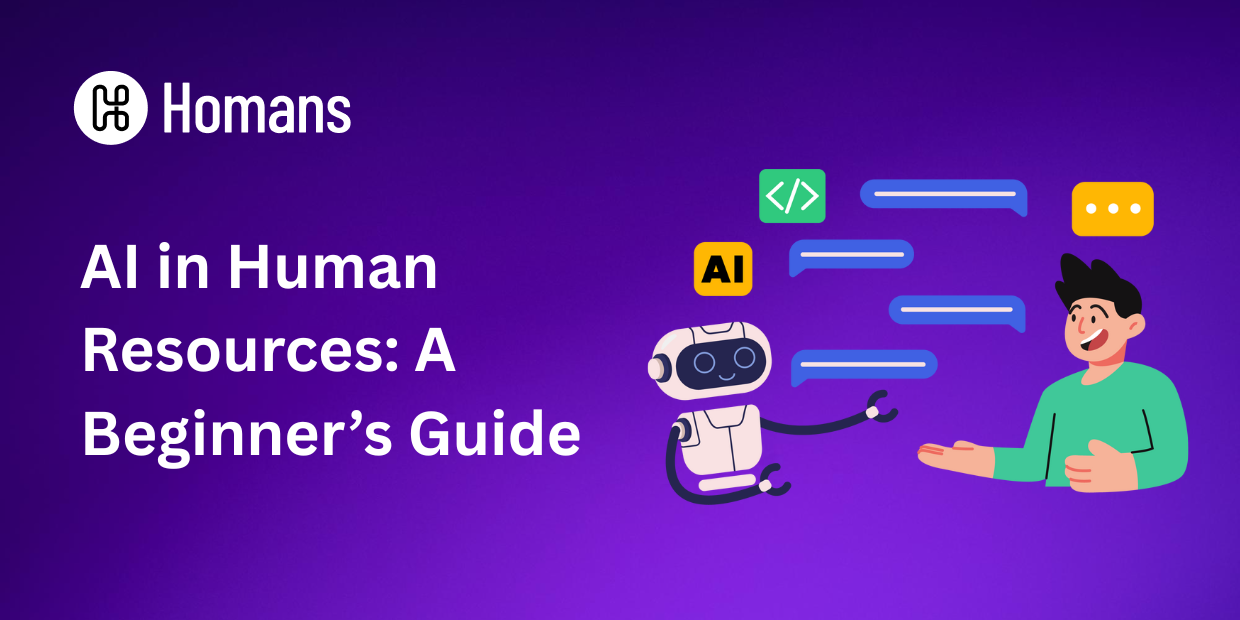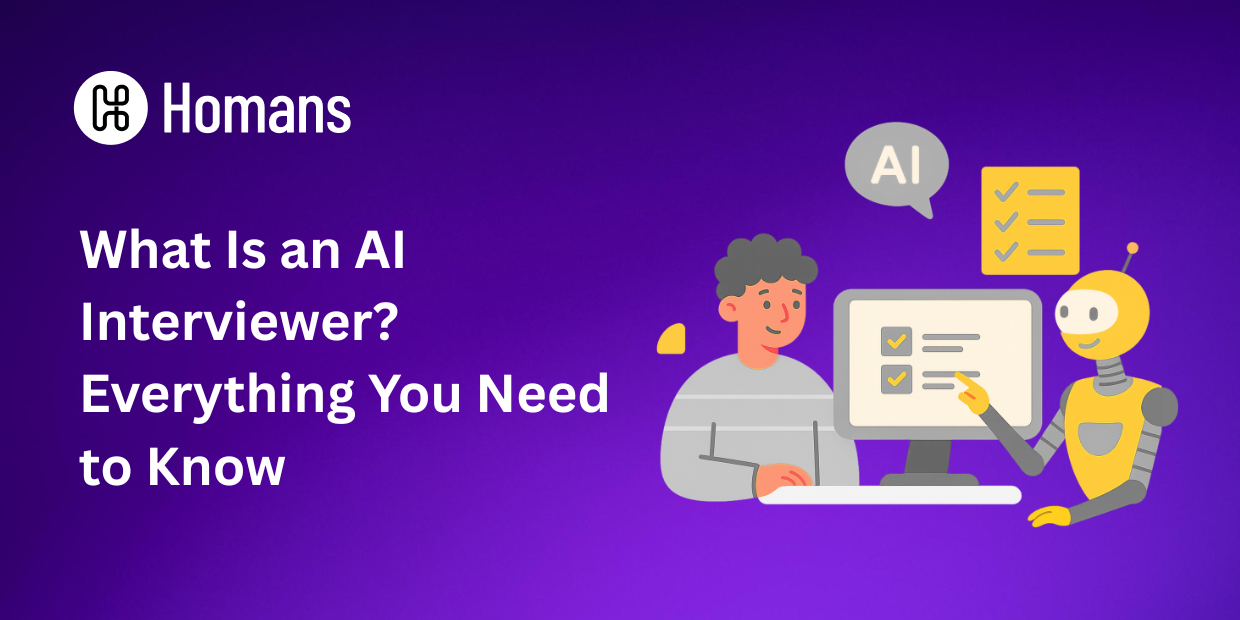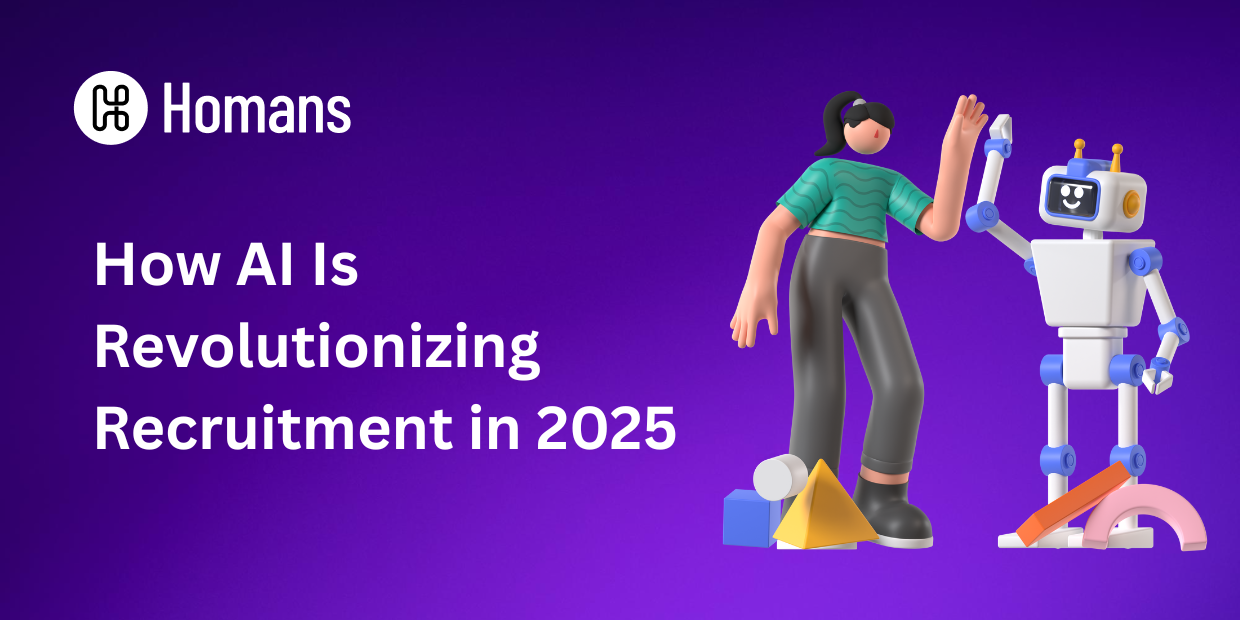Introduction
Choosing an AI hiring platform shouldn’t turn into a budgeting maze. You need a clear picture of what you’ll pay, when you’ll see value, and which costs will creep in later. In this article, we compare Homans.ai and Eightfold.ai specifically on Pricing comparison and models, ROI, and total cost of ownership (TCO)—no guesswork, just the levers that actually move your budget.
You’ll see how Homans’ usage-linked credits/bundles translate activity into predictable spend, when a broader suite like Eightfold makes sense, and exactly how to model your own numbers with a simple calculator. We’ll stay friendly and fair, label anything In Beta or Planned, and give you a finance-ready checklist to run a clean evaluation—today.
Pricing models at a glance
| Dimension | Homans.ai | Eightfold.ai |
| Commercial model | Usage-linked credits/bundles | Module/SKU based suite |
| What you pay for | Completed interviews/assessments; optional add-ons | Platform + selected modules; potential add-ons/integrations |
| Forecasting | Straightforward (volume × credit rate) | Varies with scope & package |
| Time-to-value | Days for early-screen pilot | Weeks/Months for broader rollouts |
| Best fit | TA teams, staffing/MSP, GCC units needing fast ROI | Enterprises building talent intelligence/internal mobility |
Friendly takeaway: If your immediate job-to-be-done is consistent first-rounds, coding checks, and fewer no-shows, Homans’ model is simpler to budget and prove.
Plans
Basic plan
$49 / month (billed annually)
Best for: startups & lean TA teams that want fast, standardized early rounds
What’s included
- AI-led voice/video interview (structured)
- Transcripts & summaries for every interview
- Scorecards aligned to your rubric
- Coding & role assessments (auto-graded)
- Proctoring & anti-cheat options
- Email reminders & notifications
- Basic branding (logo/colors)
- Usage dashboard & smart reports
- Email support/ WhatsApp, SMS support
Enterprise / Custom
Best for: mid-size & enterprise teams that need to scale business.
Everything in Complete, plus
- Unlimited workspaces & roles
- Advanced branding (custom domain, white-label)
- WhatsApp/SMS reminders (available)
- Dedicated account manager
- In-portal analytics & exports
- Admin & approvals workflows
- API access & webhooks
- Security review & custom DPA
Eightfold.ai packaging — what to confirm before you buy
Eightfold does not publish a price list. Most customers receive a custom, enterprise quote based on employee count, selected modules, and implementation scope.
Independent directories and analyst write-ups commonly cite two reference points: (1) a starting price around $650/month and (2) $7–$10 per employee per month (PEPM). Treat these as directional only; actual quotes vary by size, modules, integrations, and services.
Typical commercial model
- Model: Quote-based enterprise subscription (often PEPM).
- Transparency: No public pricing; marketplaces list “price upon request.”
- Sales motion: Self-guided tour or demo request; custom proposal.
- Cost drivers: Employee count, modules (TA, Talent Marketplace, Workforce Planning), integrations (ATS/HRIS), services.
How to frame against Homans.ai
- Transparency: Homans publishes clear plan tiers vs. Eightfold’s quote-only model. (Link your Homans plans here.)
- Entry point: Homans has a low-friction start (trial/credits or published starter tier); Eightfold typically requires an enterprise sales cycle.
- Total cost to run: Call out that Homans bundles AI interviews/automations that often appear as add-ons/integration projects in legacy suites (implementation + services noted in analyst write-ups for Eightfold).
ROI model — the 5 drivers and a simple formula
The 5 drivers you’ll likely measure
- Time saved per candidate (standardized AI screen vs manual screen)
- Higher completion (email/SMS/WhatsApp nudges; mobile-first flow)
- Less rework (structured rubrics reduce do-overs and variance)
- Faster manager decisions (decision-ready scorecards & transcripts)
- Better pass-through quality (coding/role evidence reduces false positives)
Quick formula (swap in your numbers)
- Hours saved/month = Candidates/month × Minutes saved per candidate ÷ 60
- Labor savings/month = Hours saved × Blended hourly cost (recruiter + hiring manager)
- Net monthly impact = Labor savings + (Retired tool costs) – (Platform spend)
- Optional: add value of faster hiring (revenue/seat/day × days gained). Keep conservative and footnote.
TCO — costs beyond the license fee
| Cost bucket | What to look for | Why it matters |
| Implementation | Days vs weeks; who does the work | Longer setup delays value realization |
| Integrations | ATS/HRIS, SSO, comms gateways | Heavier IT lift raises TCO |
| Change management | Recruiter/HM training & adoption | Slow adoption suppresses ROI |
| Maintenance | Admin time for updates & re-config | Hidden hours add up |
| Overages | Seasonal bursts, campus drives | Read the fine print |
| Data & compliance | Retention, exports, audit requests | Extra storage/support may be billable |
| Parallel tools | Code tests, schedulers, reminders | Homans can consolidate some costs |
Where Homans often trims TCO: short implementation, one workspace for interviews and assessments, and reduced orchestration time (invites, reminders, handoffs).
Scenarios
Illustrative only. Replace assumptions with your volumes, time savings, and local costs.
A — TA team hiring 60 roles/month (mixed)
- Assumptions: 450 candidates/month reach first-round; 25 min saved each; blended cost ₹1,200/hr (recruiter + HM); completion lift +12% via reminders; Homans usage = 450 credits.
- Hours saved: 450 × 25 ÷ 60 = 187.5
- Labor value: 187.5 × ₹1,200 = ₹225,000 / month
- Net impact: ₹225,000 – Homans spend (+ value of faster fills).
- TCO note: single workspace covers interviews + assessments; minimal integration for phase 1.
B — Staffing/MSP desk with daily submittals
- Assumptions: 300 screens/month; 30 min saved; blended cost ₹900/hr; usage = 300 credits.
- Hours saved: 300 × 30 ÷ 60 = 150
- Labor value: 150 × ₹900 = ₹135,000 / month
- Plus: anti-cheat + structured rubrics → higher submittal quality and fewer client rejections.
C — Campus/high-volume intake
- Assumptions: 1,500 invited; 900 complete post-reminders; 15 min saved; blended cost ₹700/hr; usage = 900 credits.
- Hours saved: 900 × 15 ÷ 60 = 225
- Labor value: 225 × ₹700 = ₹157,500 / month
- Intangibles: earlier shortlists, less panel fatigue, better candidate experience.
FAQs
Does usage-based pricing reduce waste?
Yes. Your spend tracks actual completions. No paying for idle seats.
Will Homans replace our code test and scheduling tools?
Often for early stages, yes. Interviews, coding/role assessments, and reminders run in one place—reducing tool sprawl.
How small can we start?
Start with a pilot bundle and 1–2 roles, prove value, then scale.
How do we compare TCO fairly with a larger suite?
Normalize on time-to-first-value, integration effort, change-management load, and retired tool costs—not just license lines.
What if our volumes spike?
Plan for burst capacity. Homans credits are flexible; clarify rollover/overage options.
Conclusion
If your team needs results this quarter—standardized first-rounds, built-in assessments, fewer no-shows, and clean ROI math—Homans.ai is the practical winner. You’ll forecast easily, launch quickly, and measure real savings without a heavy rollout.
If your mandate is a wide talent-intelligence/internal mobility layer, include Eightfold.ai in a broader evaluation—but don’t delay the gains you can capture now with a Homans pilot.

